Prof. Dr. Dietmar Kracht




30419 Hannover
Research in PhoenixD
Integrated photonics represents the future of optical technologies, using light to transmit and process data on a microscopic scale. This advanced technology promises revolutionary improvements in the speed and efficiency of communications systems, sensors and many other applications. Additive manufacturing processes, often known as 3D printing, play a critical role in this context. They enable the precise and cost-effective production of complex photonics-based structures that would be difficult or impossible to realise using traditional methods. Using these innovative manufacturing techniques, customised photonic components can be developed and tested quickly, significantly shortening research and development cycles. The combination of integrated photonics and additive manufacturing opens up new horizons in technology development and contributes significantly to pushing the boundaries of what is possible.
Current research topics in PhoenixD include computer-aided design and numerical simulation of optical waveguide structures and micro-optical precision components. These are manufactured additively using maskless processes based on polymers, fused silica and single crystal materials and characterised in terms of their optical functionality. The transfer from basic research to application takes place in many collaborative projects between academia and industry.
Packaging and interconnection technologies for miniaturised and integrated photonic components and systems are the focus of current work in optical integration. In particular, novel passive and active alignment technologies are being developed to enable automated and efficient assembly processes and to ensure minimal optical losses, as required, for example, in quantum technology applications.
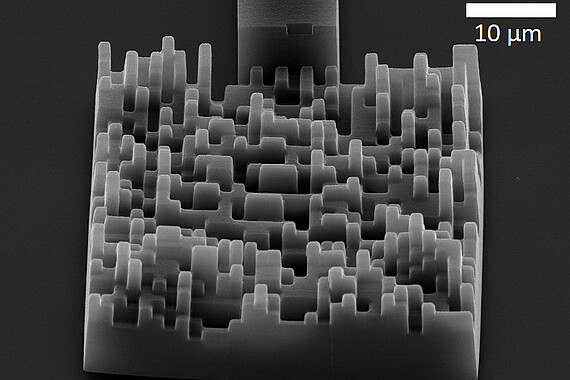
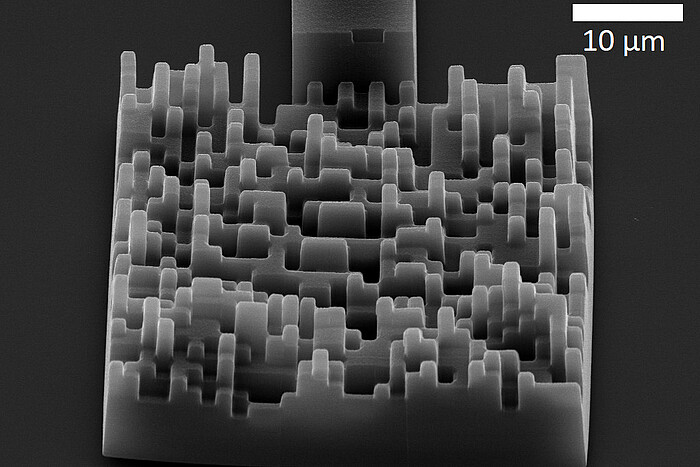
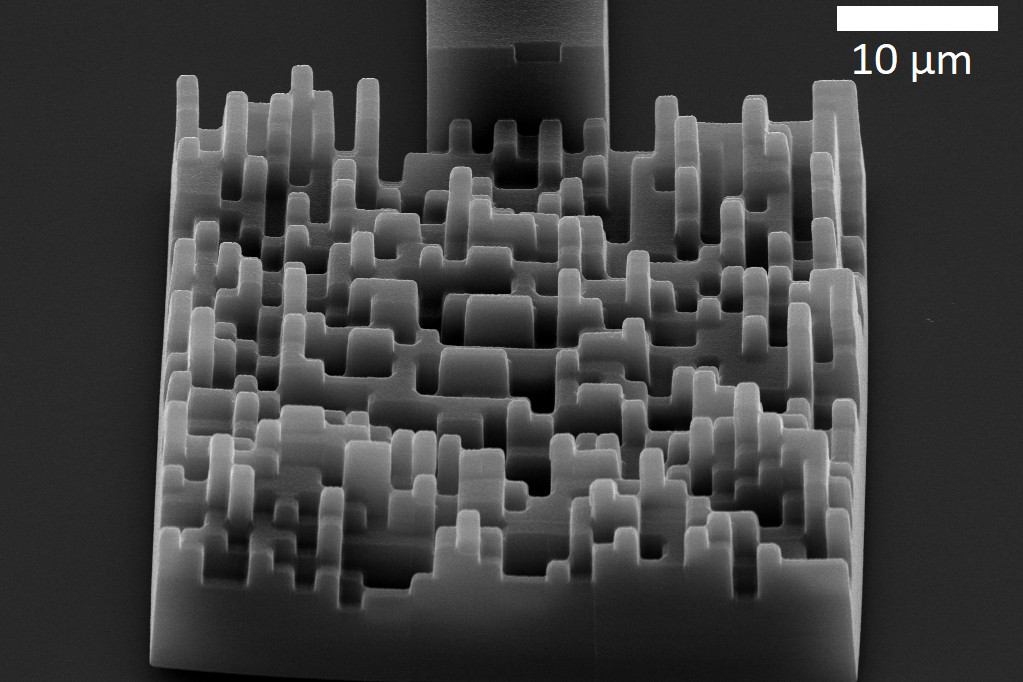
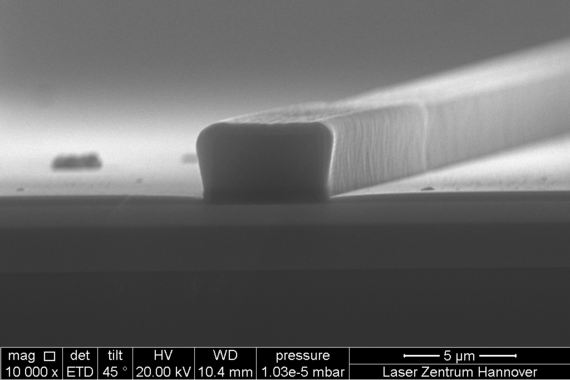
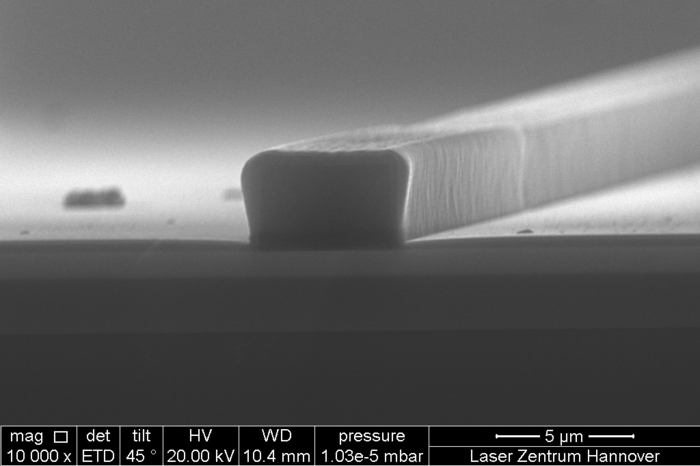
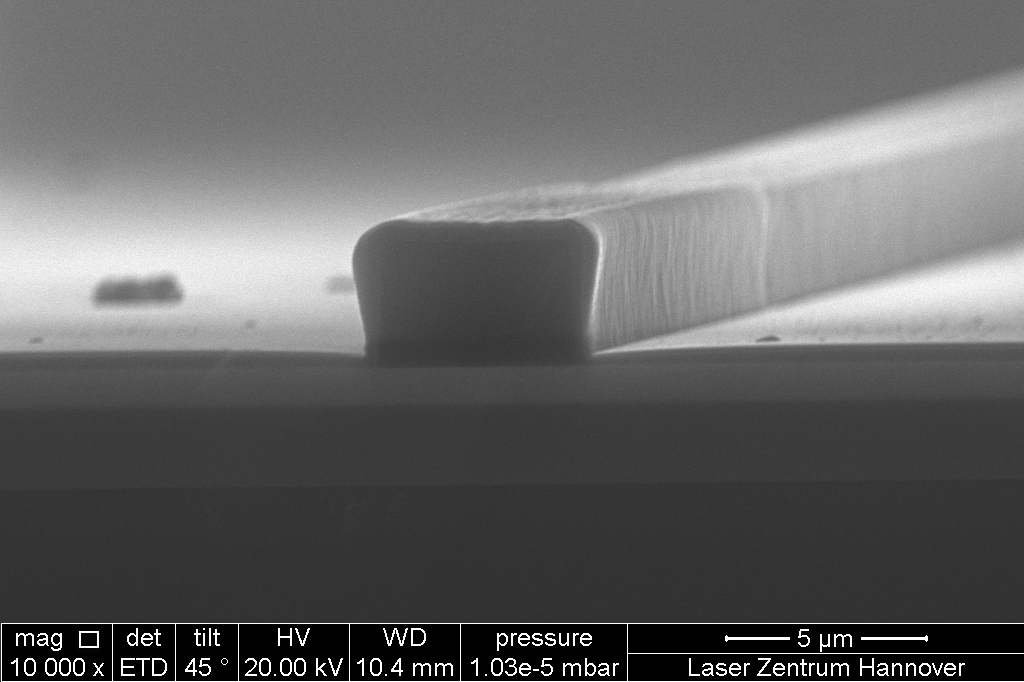 ©
LZH
©
LZH





